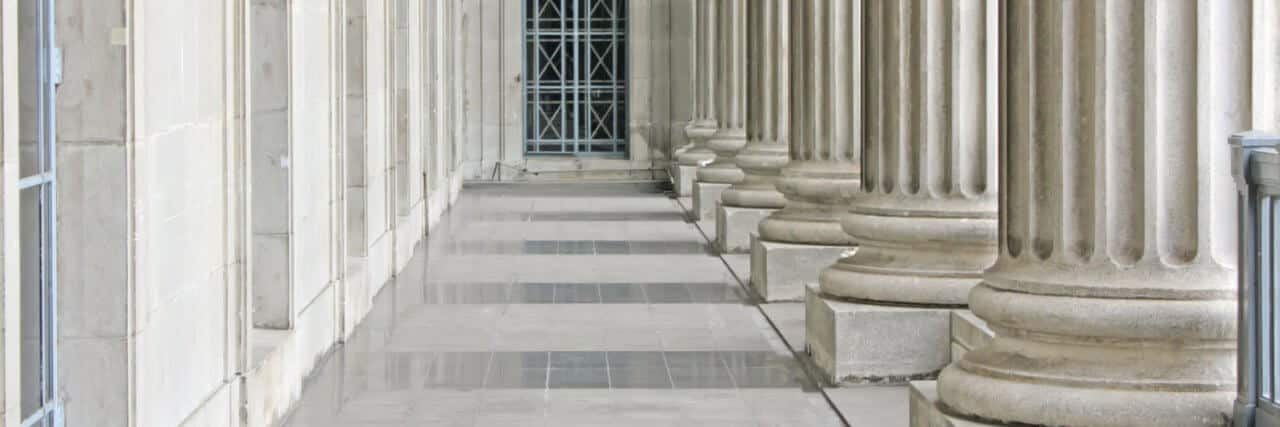In Queensland, there is no requirement for a licence for sail craft and powered vessels under 4.5 Kilowatts (around 6hp).
All powered vessels above 4.5Kw do require the skipper to be licensed. For recreational vessels[1], a recreational marine licence is required. Jet Skis (also known as Personal Watercraft (PWC))[2] also require a personal watercraft licence in addition to a recreational marine licence.
If you hold a valid recreational marine licence from another State in Australia, you can skipper a boat in Queensland but any conditions that apply in the State of issue would also apply here.
If you are visiting Australia from overseas, you may be able to use your marine licence issued from some countries[3] in Queensland for up to 3 months but those intending to reside in Queensland should arrange for a Queensland licence.
[1] Commercial licences are required for vessels used in business, trade, commerce, government or research activity. They can include fishing ships, tourist or charter boats, work boats, ferries, water taxis and dive boats
[2] personal watercraft means a powered ship that—
(a) Has a fully enclosed hull that does not take on water if capsized; and
(b) Is designed to be operated by a person standing, crouching or kneeling on it or sitting astride it.
[3] For a list of countries and authorities see: msq.qld.gov.au- Overseas Qualification List
Alcohol restrictions apply on the water in Queensland and in many ways are similar to those for driving motor vehicles. Random Breath Testing is carried out on Queensland waterways and skippers of all vessels must have a blood alcohol level below 0.05% when operating the vessel. Alcohol limits do not apply to vessels which are securely moored in a marina, to a jetty or wharf or on a swing mooring but it is worth bearing in mind that the skipper of the vessel should always allow for the possibility that the vessel may have to be moved.
There are a number of legal requirements for safety equipment that vary depending on the type of vessel and where and when it is being used. For example:
- Emergency Position Indicating Radio Beacon (EPIRB) or Personal Locator Beacon (PLB);
- Flares;
- Firefighting equipment;
- Signalling device at night time such as a torch, lantern or glowstick;
- V sheet;
- Lifejackets;
There are also a number of items of safety equipment that could save your life or the life of someone else.[1] While they may not strictly be a legal requirement they are strongly recommended and should be considered.
[1] Commercial licences are required for vessels used in business, trade, commerce, government or research activity. They can include fishing ships, tourist or charter boats, work boats, ferries, water taxis and dive boats
[2] personal watercraft means a powered ship that—
(a) Has a fully enclosed hull that does not take on water if capsized; and
(b) Is designed to be operated by a person standing, crouching or kneeling on it or sitting astride it.
[3] For a list of countries and authorities see: msq.qld.gov.au
[4] See: msq.qld.gov.au- Safety Equipment Recreational Ships



